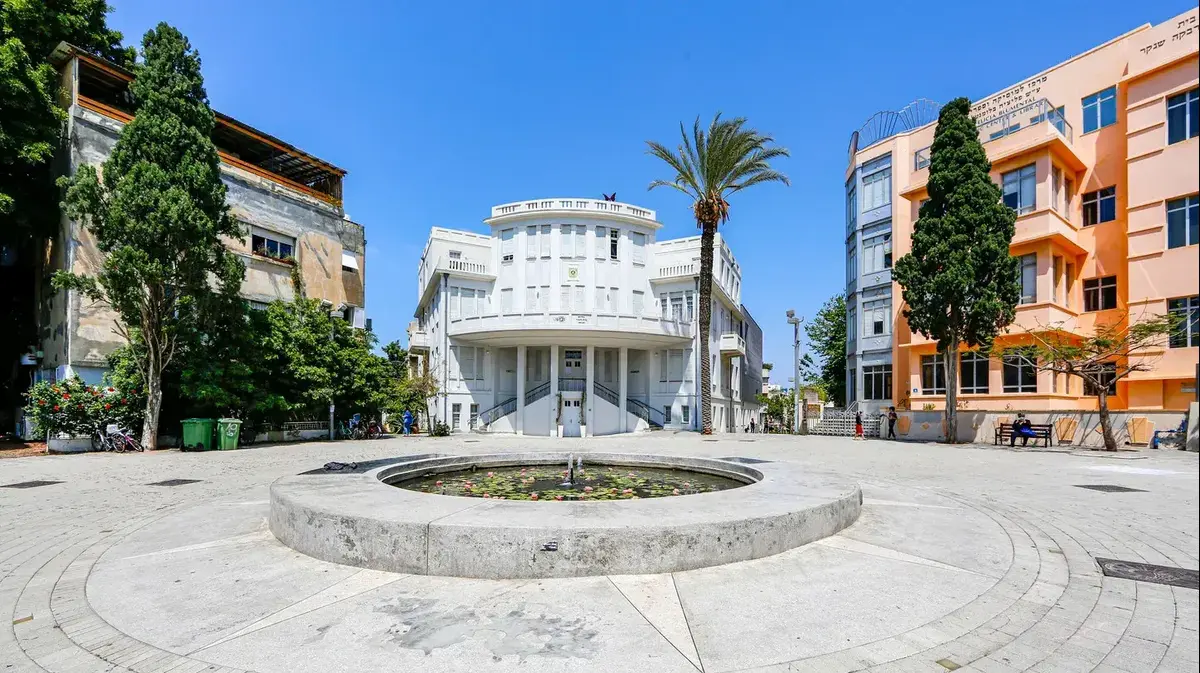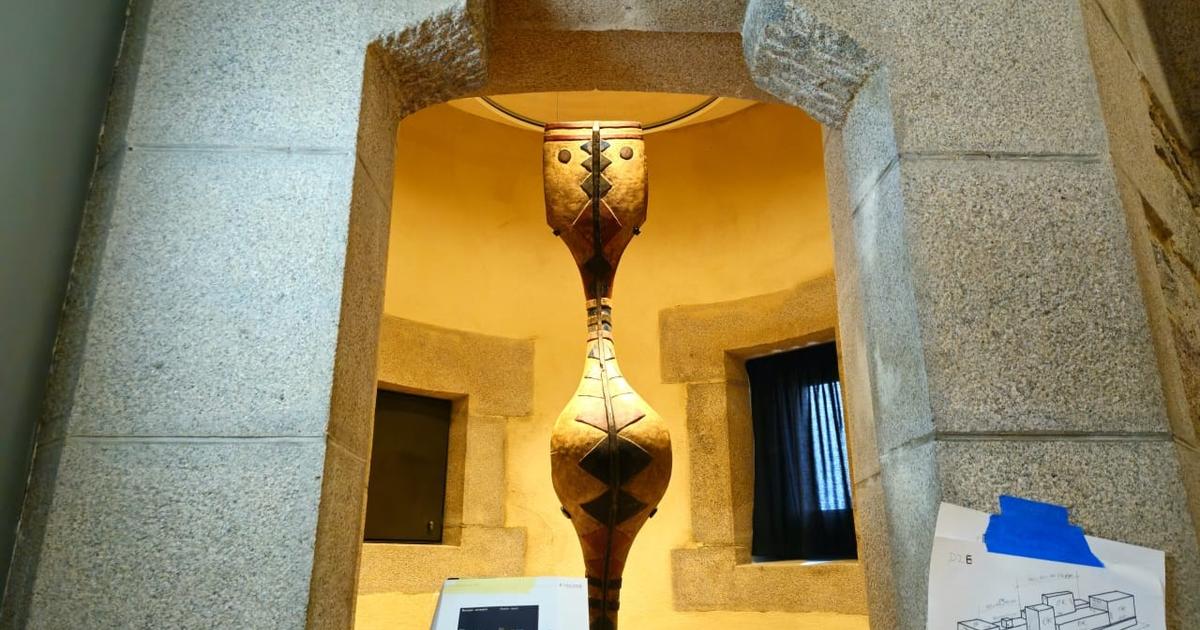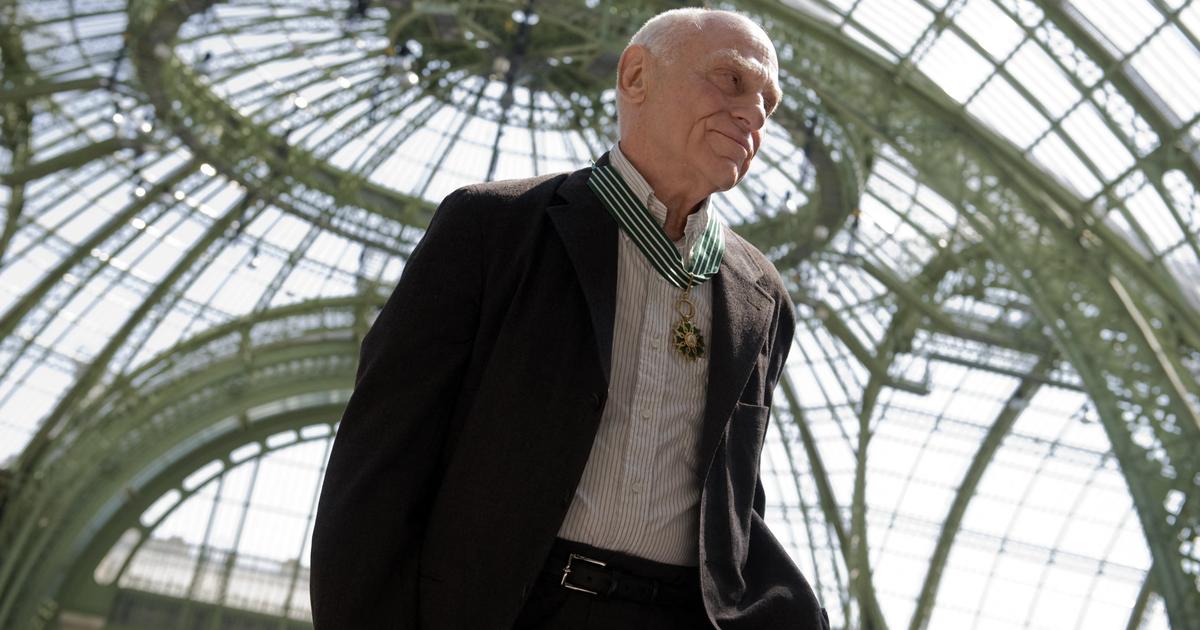Pandora's box also contained some archaeological remains.
In the wake of the “Pandora Papers” investigation which revealed at the beginning of October, a vast international network of tax evasion, the Denver Art Museum (Colorado) announced to the American press that it was about to return four remains to Cambodia. Khmer acquired through British art dealer and trafficker Douglas Latchford.
Read also Pandora Papers: "How the United States will succeed in establishing itself as the last tax haven on the planet"
The four objects in question were withdrawn last year from the collections of the art museum, during the investigation carried out by the International Consortium of Investigative Journalists at the origin of the “Pandora Papers”. Already indicted by the American justice in 2019, a year before his death, for the looting of Cambodian heritage, the collector Douglas Latchford also founded several opaque funds in order to conceal part of his property, revealed the documents made public in October.
"The museum is now working with the government to return the remains to Cambodia,"
a spokesperson for the Denver Art Museum
told the
Washington Post
last week
.
According to the specialized blog Chasing Aphrodite, quoted by the
Washington Post,
the Denver Art Museum in 2012 kept six objects from the collection of Douglas Latchford, including four gifts.
Among the most important pieces is a statue of Prajnaparamita, the female personification of Transcendent Wisdom in Mahayana Buddhism, which is among the objects being returned.
In sandstone, it would have been carved towards the end of the 12th century and could have adorned, in the past, the temple of Bayon, at Angkor Thom.
Apart from the four Cambodian objects, the origin of the two other dubious remains preserved at the Denver Art Museum, an 18th-19th century Thai piece of furniture as well as a Neolithic pottery, is being verified.
A long-term plunder of Cambodia
Douglas Latchford, who died in August 2020, was indicted in the United States in November 2019 for fraud and smuggling.
The American justice reproached him for having built his career on the looting and putting into circulation on the international art market invaluable historical vestiges of Cambodian heritage.
With a total estimated value of $ 50 million, around a hundred objects from his private collection, one of the most important in the world devoted to Khmer art, had been returned in February 2021 to Cambodia, on the initiative of the trafficker's daughter.
However, they would only constitute a part of the Cambodian heritage passed into the hands of Latchford and still in circulation today.
Read alsoThe temples of Angkor under the threat of an aquatic "Disneyland"
Contacted by the Cambodian authorities upon the indictment of Douglas Latchford in 2019, the Denver museum had at the time refused to proceed with the return of the objects acquired before the conclusion of the trial, which was finally interrupted on death thanks to the British collector. According to the “Pandora Papers”, 43 antiques related to this merchant are today in the collections of ten different museums, including the Met and the British Museum. An indeterminate number of objects would also be found in private collections.
Confidential documents unveiled on October 3 by the “Pandora Papers” revealed the existence of an opaque structure, Skanda Trust, registered on the island of Jersey and owned by the Latchford family. The International Consortium of Journalists behind the investigation revealed that at least 80 historical objects dated to the Khmer Empire, including a bronze Buddha estimated to be worth 1.2 million euros sought by the American justice were linked to this trust. Sums of obscure provenance also associated with Skanda Trust, possibly linked to art sales, have also been singled out by the Consortium. The illicit trafficking of cultural property is today the third international criminal activity after the drug and armaments sector, believes theUnesco.

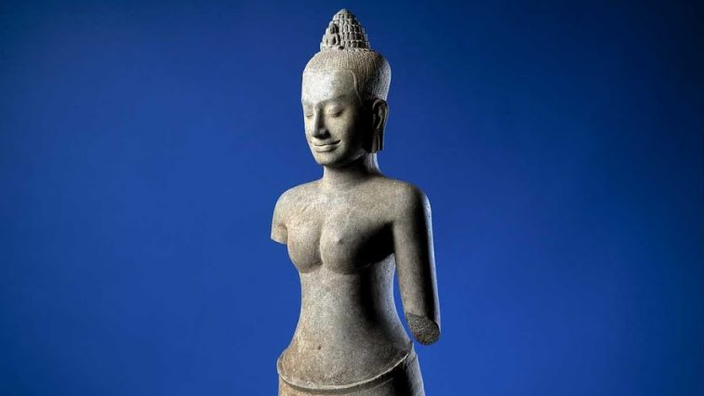
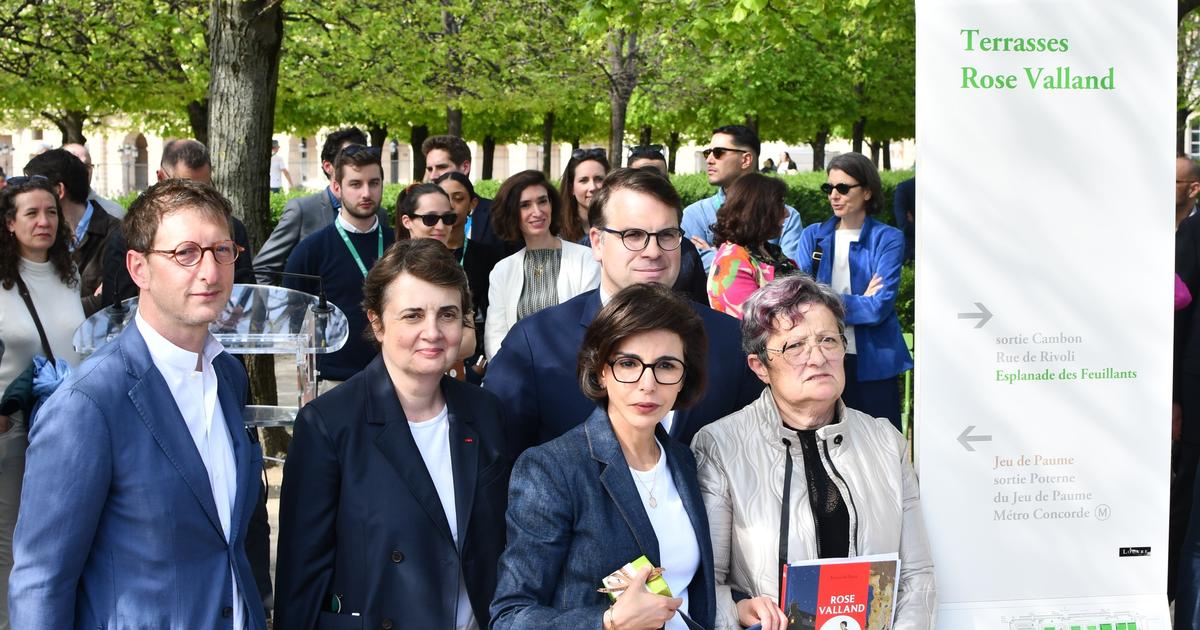
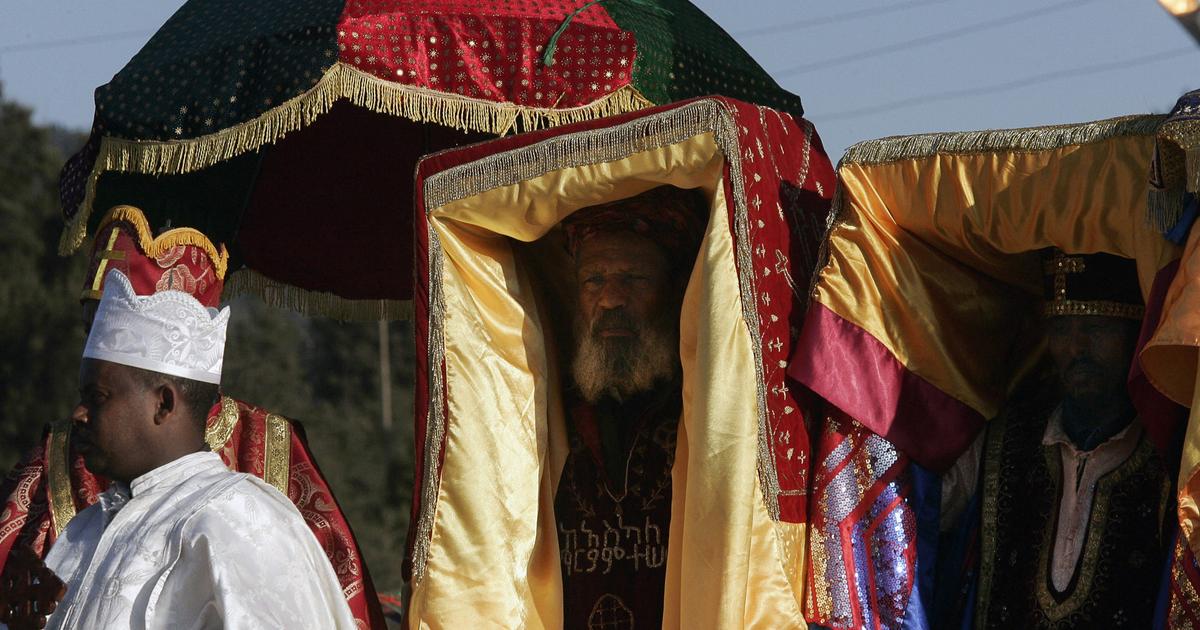
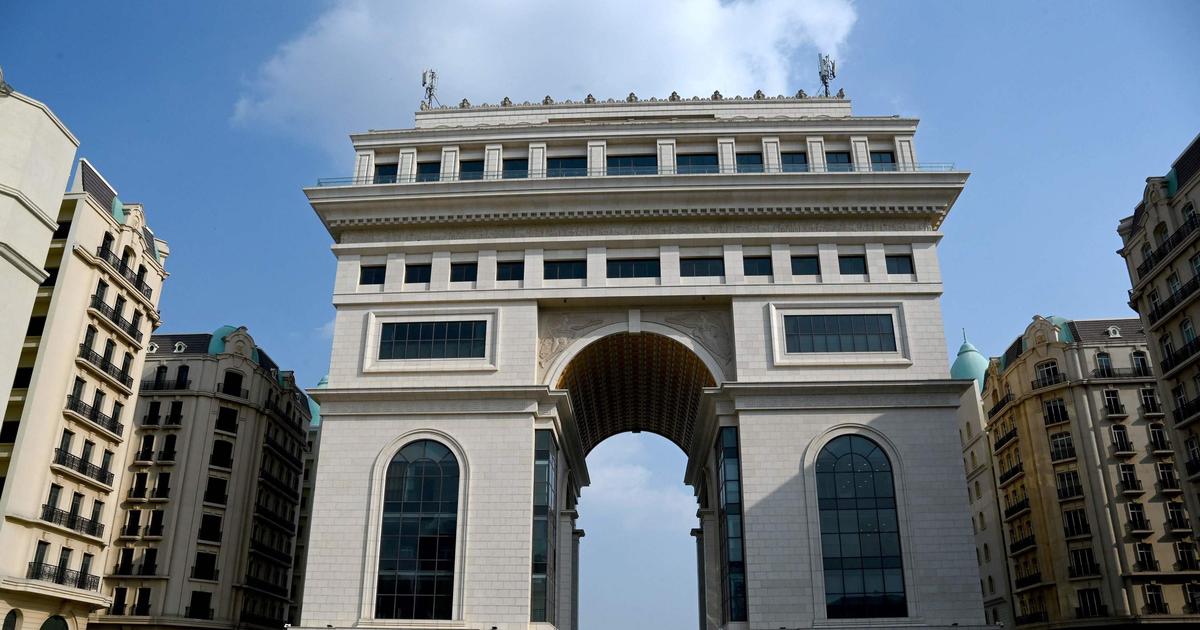
/cloudfront-eu-central-1.images.arcpublishing.com/prisa/PAQIS6D7CZEUHHCO4FXIMU3CY4.jpg)
